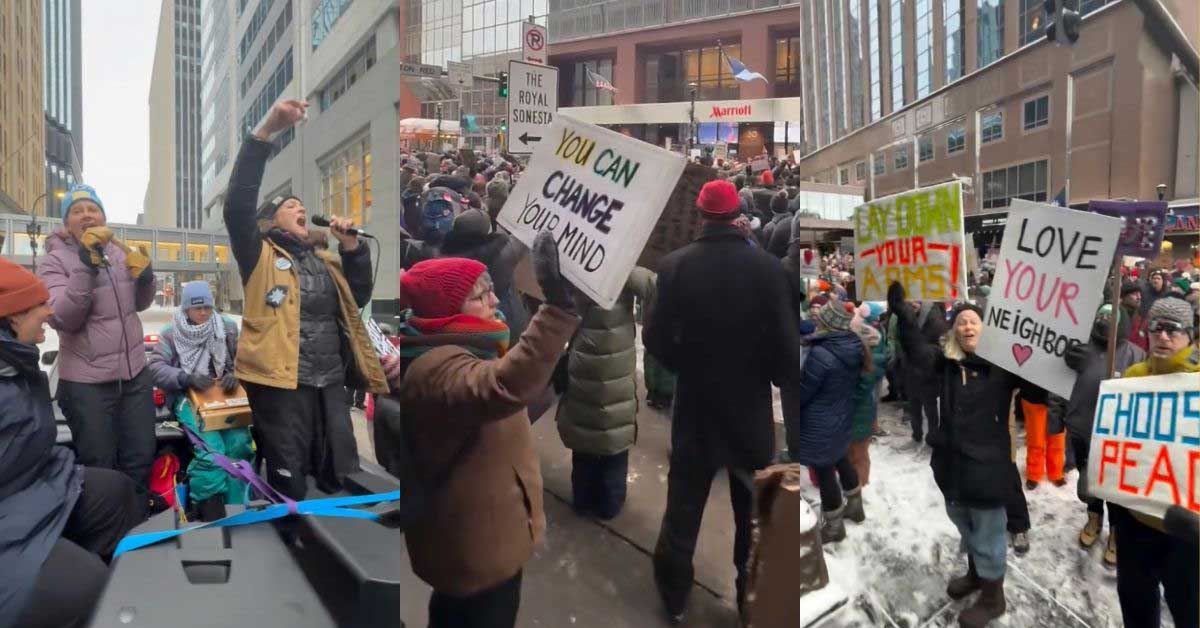It’s undeniable that social media shapes the way we view the world. The people we see on our phones and choose to follow help shape our understanding and biases of the world around us.
In particular, Nelson ZêPequéno, founder of the Instagram page @blackmenwithgardens, wants more for Black and brown men.
Black Men With Gardens is an Instagram page with over 153,000 followers, highlighting the magic in the mundane. That is, the magic of a simple garden.
As you scroll the page, you’ll find joyous smiles of Black children playing in gardens, families on farms, and fathers and sons learning about the healing properties of plants together. This is a welcome dichotomy, as Black men often show up on social media pages as memorials or tributes after another unnecessary, brutal murder at the hands of police.
“This is the real, average Black man, but the only portrayals we [see] are the exceptions or the ones that are being brutalized,” ZêPequéno shared in an interview with the Los Angeles Times.
“Like I said, that creates a narrative. Our pages have continued to grow and be a light and beacon in spite of all that and show that, yo, we are so much more.”
And it’s true: Black men are so much more.
ZêPequéno is committed to showing that on social media and actively brings resources and opportunities to his community in Los Angeles. He brings plant and gardening workshops to foster a deeper sense of community while equipping people with the tools necessary to nourish their creativity and appreciation for sustainability and the environment.
The Instagram page also includes a Stories Highlight titled, My reason.
Here, ZêPequéno shares, “Some people come to this page for the farmers. Some come to see the houseplant fanatics. Some come simply to see Black boy joy. Some come for the art. Some come for the vulnerability rarely allowed for Black men. Whatever the reason you visit this page, we should all agree that Black men returning to/being in touch with nature should be celebrated and encouraged.”
But it’s so much more than just seeing Black men being celebrated and encouraged. It’s also about moving the needle closer to true inclusivity and ending violence.
Black men are often met with seas of white faces and hefty barriers to entry in every industry. It’s a problem that deserves to be solved with urgency.
These barriers appear in employment, economic advancement, and even social media content creation, which ZêPequéno has experienced.
He told the Los Angeles Times, “There’s all these barriers systemically and institutionally that we are being subjected to. It’s harder to really break through as a Black creator. When I first started making plant content, the algorithms on various social media platforms would group my content with either police brutality videos or Black wealth videos.”
Black communities often face hurdles when partaking in gardening and farming, and who we picture when we think of these hobbies impact the Black community.
Sandra Louis, a self-taught farmer on Gabriola Island in BC, Canada and the creator behind On Our Farms, told Food52, “For a lot of people, when they think of a happy farmer, the first image that comes to mind is a white, middle-aged man in middle America wearing plaid and overalls.”
This is the image ZêPequéno is trying to change in his work, which has real-life impacts.
“I’ve had old white ladies write me on Instagram and be like ‘Hey, because of your Instagram page, I’m more likely to think the Black guy walking behind me is on his way to a plant shop and not thinking about robbing me,’” he told the Los Angeles Times.
“If you look deeper into any of the people that we’ve posted, they’re not just plant people. I’m not just a plant person,” ZêPequéno told the Los Angeles Times.
“They are actual people with very complex, deep lives, and our page helps to show that to people. There are people that haven’t grown up with and never were close to Black people. When they see an Instagram page that allows them to have deeper insight, that’s beneficial.”





